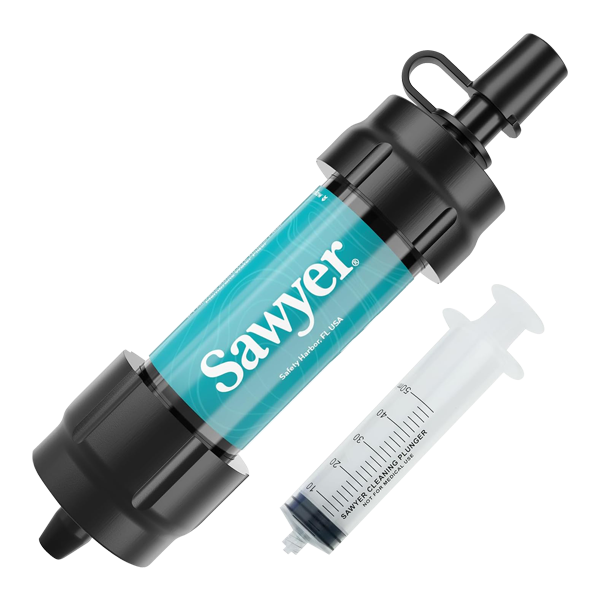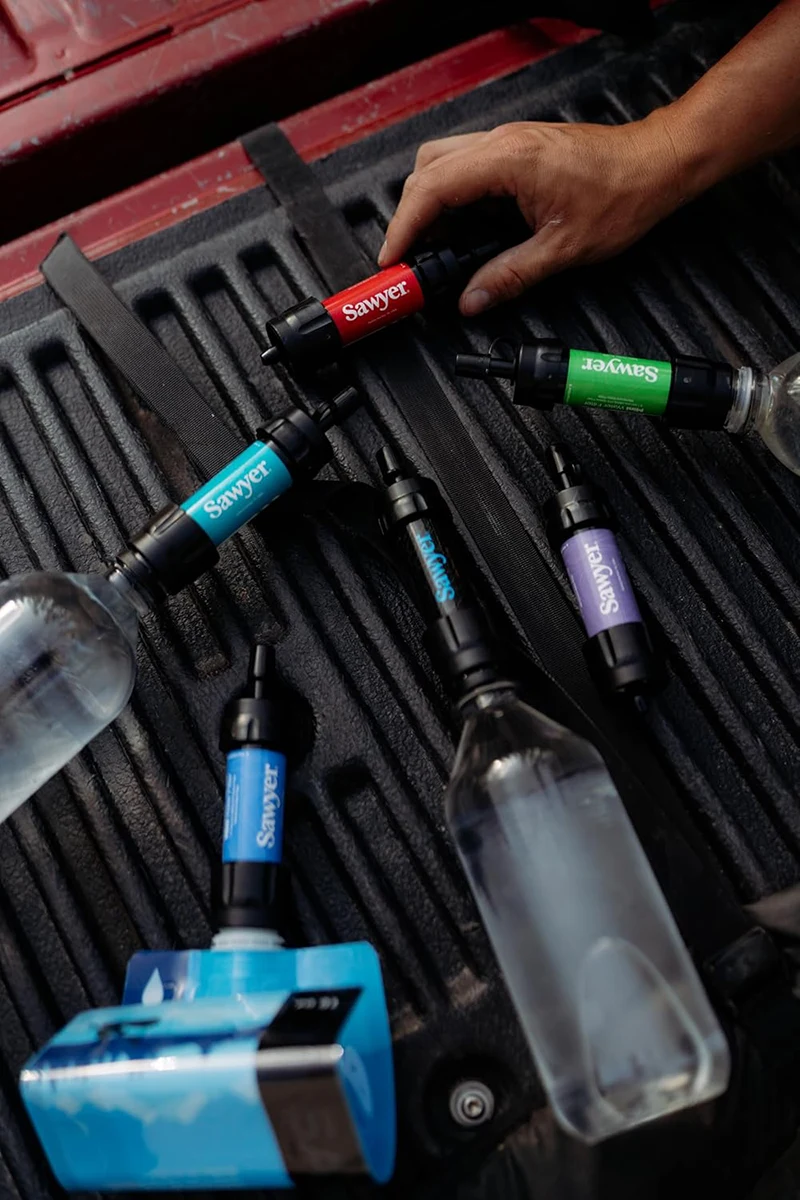

The People's Pharmacy: Protecting kids from mosquito bites
QUESTION: What mosquito repellents are safe for kids? I seem to remember that you have written about problems with DEET.
ANSWER: DEET, or N,N-diethyl-m-toluamide, has been controversial for decades. It was developed by the U.S. military shortly after World War II to protect troops from dengue, malaria and other tropical diseases carried by mosquitoes. In 1957, it was released on the consumer market. DEET is effective in repelling ticks as well as mosquitoes, so it can help protect youngsters from Lyme disease and Rocky Mountain spotted fever as well as West Nile virus.
Over the years, there have been a few reports of neurological reactions in young children (Human & Experimental Toxicology, January 2001). The Centers for Disease Control and Prevention and the Environmental Protection Agency both say that DEET is safe as long as parents follow the instructions on the label.
If you prefer to avoid DEET, there are effective alternatives. Pediatrician Alan Greene recommends picaridin-containing products, such as Natrapel and Sawyer, on his website DrGreene.com.
Products containing oil of lemon eucalyptus are also effective and considered safe for children. Consumer Reports suggests that adults should apply insect repellent to their own hands and then rub it on children’s exposed skin.
Soti nan eskwadwon an
Konvèsasyon Kanfi ak kominote nou an, ki soti nan Manm Eskwadwon ak Anbasadè yo nan Brand Patnè ak ekip la Sawyer.

















